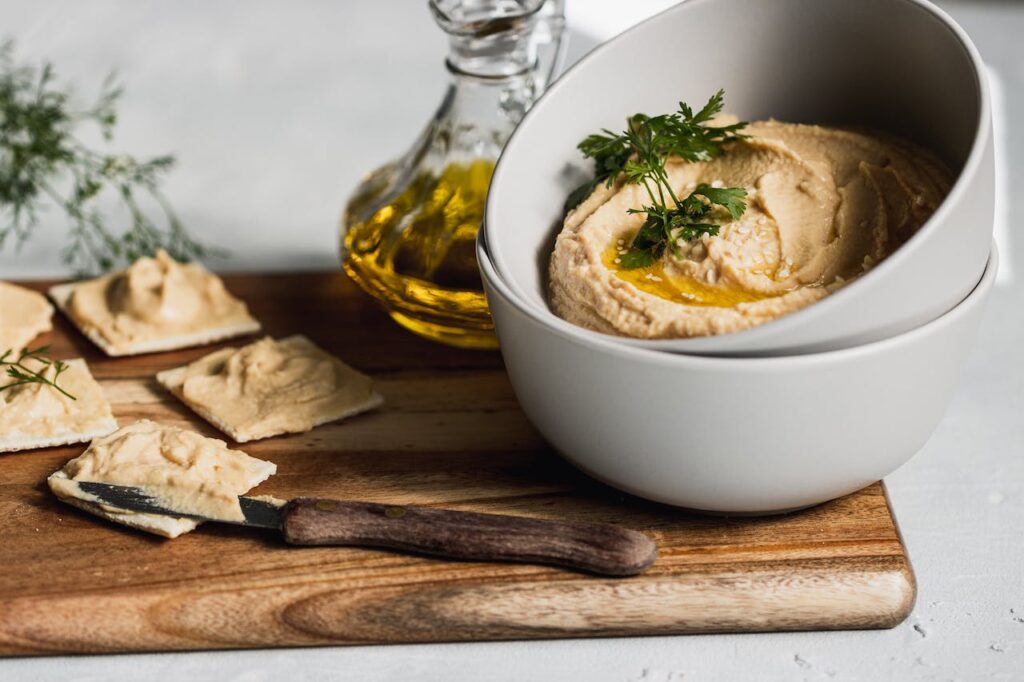Nestled along the Mediterranean coast, the town of Oliva, with its eponymous connection to olives, has long been intertwined with the olive oil industry. A symbol of peace and prosperity, the olive tree’s roots run as deep in the culture as they do in the fertile soils of this region. This article explores how Oliva has carved out its place in the ever-expanding world of olive oil, blending tradition with innovation.
The Historical Roots of Oliva’s Olive Oil
The story of olive oil in Oliva begins with the ancient trees themselves, some of which are centuries old, whispering tales of Roman traders and Moorish farmers. The historical landscape of Oliva is dotted with remnants of old mills and presses that serve as silent testaments to the longstanding importance of olive oil production in the region. Through conquests and sovereignties, the olive has remained a constant, with Oliva adapting its practices over the millennia to meet changing times and technologies.
Cultivation and Harvest: The Lifeline of Oliva’s Olive Oil
In Oliva, the cultivation of olive trees is more than agriculture; it is an art form passed down through generations. The local farmers employ a mix of traditional wisdom and modern agronomy to ensure the health of their groves. The annual harvest has become a cultural event in itself, with families coming together to handpick the precious fruit. This meticulous process ensures that the olives are at their peak freshness and quality, which is paramount to producing the finest oil.
From Press to Bottle: The Production Process
The journey from tree to bottle is a delicate dance of timing and technique. Oliva’s producers use a combination of age-old methods and state-of-the-art technology to extract the oil. Cold pressing remains the preferred method to preserve the oil’s flavors and nutritional properties. The result is extra virgin olive oil that is a staple in kitchens around the world, cherished for its taste and health benefits.

Local Varietals: The Flavor Profile of Oliva
The region’s microclimate and terrain give rise to unique varietals like the Farga and the Serrana, which contribute to the distinctive flavor profile of Oliva’s olive oil. Tasting notes often include hints of almond, tomato, and even artichoke, with a balance of bitterness and a peppery finish that connoisseurs seek out.
Economic Impact: Olive Oil as Oliva’s Liquid Gold
For Oliva, olive oil is not just a product; it’s liquid gold that fuels the local economy. The town has embraced its role as a hub for olive oil production, with many families and businesses directly or indirectly reliant on this sector. The export of olive oil has put Oliva on the international stage, allowing it to contribute significantly to Spain’s position as one of the world’s leading olive oil producers.
Sustainable Practices: Oliva’s Commitment to the Environment
In recent years, sustainability has become a central theme in the global narrative of agriculture, and Oliva has been at the forefront of this movement within the olive oil industry. Producers are implementing organic farming practices, reducing water usage, and employing eco-friendly packaging solutions to minimize the environmental footprint of olive oil production.
Research and Innovation: Pioneering New Frontiers
Oliva is not just steeped in tradition but also looks to the future. Local producers collaborate with agricultural experts and research institutions to pioneer cultivation techniques that increase yield without compromising quality. Advances in harvesting technology and oil extraction processes are continually being explored and adopted.
Culinary Culture: Olive Oil in Gastronomy
In Oliva, olive oil is the star of the culinary show. It serves as the cornerstone of the Mediterranean diet, known for its health benefits and flavor. Local chefs and home cooks alike use olive oil to enhance traditional dishes, while innovative gastronomes use it to create new culinary experiences. The annual Olive Festival in Oliva showcases the versatility and importance of olive oil in the culinary arts.

Tourism and Education: The Olive Oil Experience
The olive oil industry has given rise to a new form of tourism in Oliva. Visitors from around the world come to tour the olive groves, learn about the production process, and participate in tastings. This educational aspect is crucial in fostering a greater appreciation for high-quality olive oil and understanding the effort that goes into every bottle.
Olive Oil Cooperatives: Strengthening Community Ties
At the heart of Oliva’s olive oil production are the cooperatives that bring together small producers to share resources, knowledge, and markets. These cooperatives are more than economic entities; they are the lifeblood of the community, ensuring that the profits and benefits of the industry are equitably distributed.


